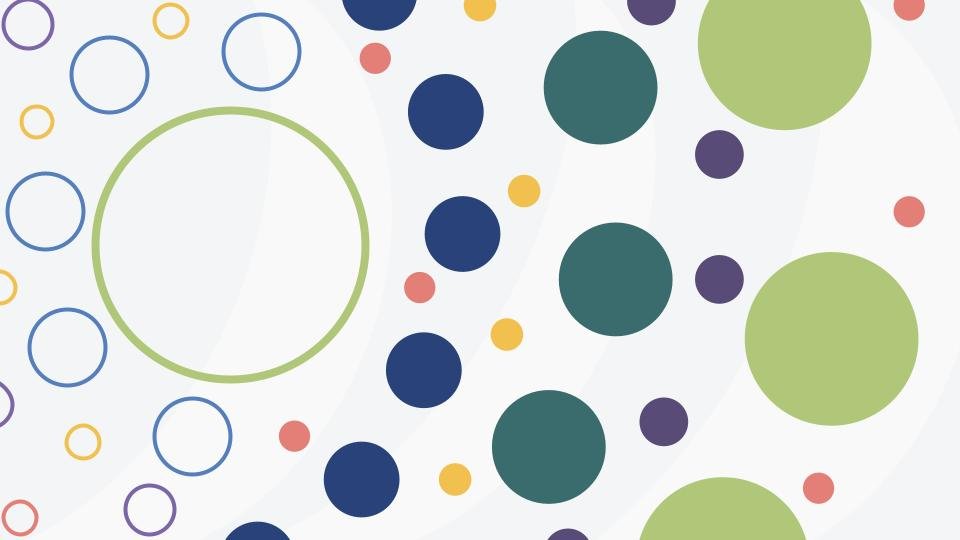

Exploring How AI can Support Peer Assessment of Collaborative Learning
This is the second part of a 4 part series on AI in education sponsored by the State Performance Assessment Learning Community, a project of the Learning Policy Institute, and hosted by the University of Colorado’s inquiryHub team.

Exploring the Potentials and Risks of AI for Educational Assessment
In this blog post, I describe the first part of a four part series held with education leaders about the emerging roles of AI in education. The focus of our first session was on how AI can support visions of learning that are aligned with contemporary standards, beyond supporting optimization and individualization. In the session, we explored how the Institute for Student AI-Teaming’s games curriculum unit supports exploring ways AI can support more effective and equitable collaboration.

What if there's a paradigm shift waiting to happen in how we approach phenomena?
Let’s consider a paradigm shift in how we think about the phenomena and problems anchoring curriculum and assessment. To disrupt the pattern of phenomena and problem selection and to better support our learners who need it most, what if we approached phenomena/problem generation and selection by prioritizing aspects of science that are often backgrounded or overlooked? This shift in perspective could open up a world of possibilities for engaging, authentic assessment experiences and provide a structure to guide conversation and learning about equitable assessment designs that draw in learners who are waiting at the margins to be engaged in meaningful science learning.
